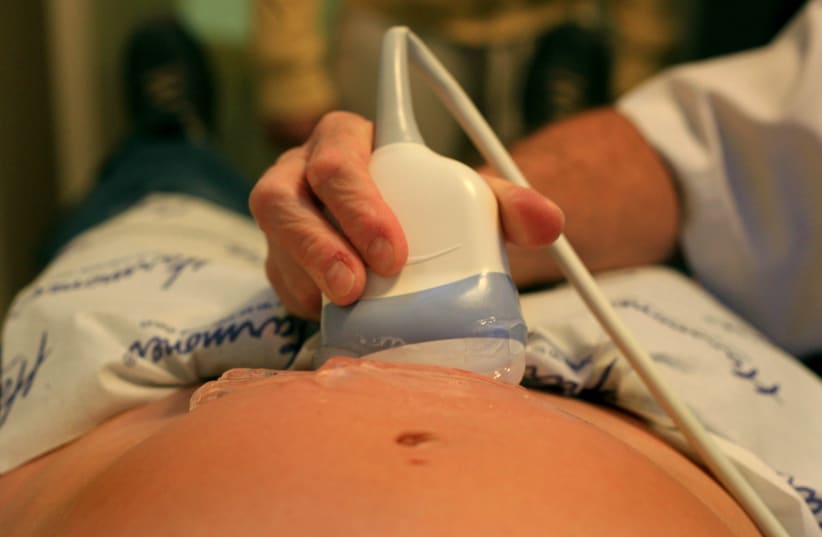The mother of the embryo-swap infant Sophia said that she is happy that the genetic tests are being stopped on Tuesday, following the court's decision to appoint a legal guardian for the baby.
"I want to raise Sophia in peace, she has excellent parents who take care of her 24 hours a day, seven days a week, I ask that they leave us alone," the new mother, who is fighting to keep the baby she gave birth to, told Walla.
"I want to raise Sophia in peace, she has excellent parents who take care of her 24 hours a day, seven days a week, I ask that they leave us alone."
Mother
The district court ruled on Sunday that it is necessary to appoint a legal guardian who will recommend what is in Sophia's best interest, and determine whether to continue the genetic tests to find the biological mother or stop them.
"We tried to take the short way, but sometimes you can't avoid the long and safe way," the judge told the affected parties.
The district court asked to return the hearing to the Rishon Lezion Magistrate's Court, where the guardian will be appointed and will submit his recommendations to the court, after meeting with Sophia and her parents.
In light of the recommendations, it is expected that one of the parties will appeal to the district court, whether it is recommended to stop the tests or continue them. This process alone can last about another month, a particularly critical time for all parties involved.
Court orders transfer of medical records
The district court ruled that Assuta Medical Center in Rishon Lezion will be obliged to transfer to the parties the medical records according to which it was decided that the six petitioning women are related to the event of the exchange of embryos.
If it is found that the relationship is inconclusive or extremely unlikely, the mother's lawyers will be able to argue that there is no need to conduct tests for all of them and thus advance the decision.
"We are very happy with the court's decision, which was given with sensitivity. A guardian ad litem is appointed for the baby, to give the position in the eyes of the court, of the parents and of the baby whom they raise with love. We are sure that justice will be done with her, and that the courts will come back and demand it," said Galit Kerner, one of the attorneys representing the mother.
"The court's interpretation is that he is not anyone's rubber stamp," attorney Assaf Sharaf added.
How did this all start?
The story came to light in early September when the pregnant Israeli woman underwent genetic testing at Assuta Medical Center in Rishon Lezion, presumably to test for genetic disorders or abnormalities in the fetus, and discovered that neither she nor her husband was genetically related to the baby she was carrying.
Since then, a number of potential biological parents have been tested but none have been a match.
In light of a report conducted by the Health Ministry of the IVF department in Assuta, the ministry is strongly considering shutting down the department after a hearing.

